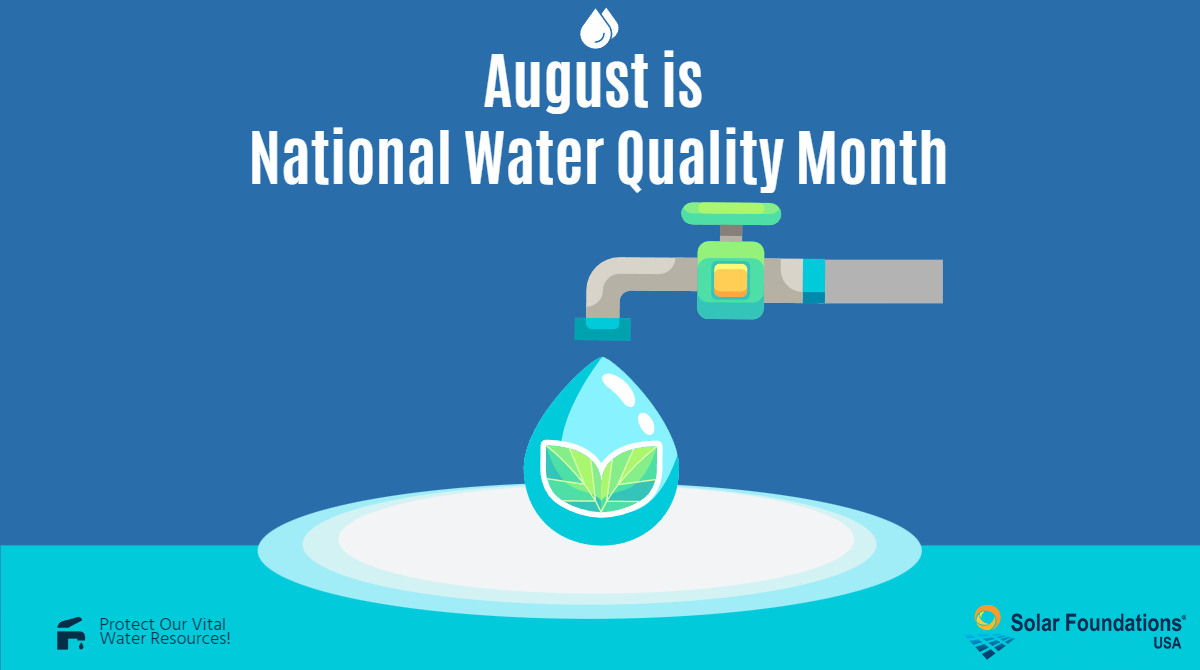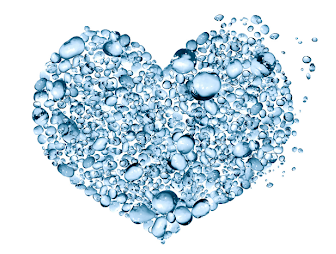
News & Blog
National Water Quality Month

Celebrating National Water Quality Month:
Protecting Our Vital Resource |
|
The Purpose of National Water Quality MonthImagine life without easy access to clean water: no drinking fountains, swimming pools, or clean lakes and rivers. Our daily lives would be severely impacted. This month reminds us of water’s importance not just to humans, but also to the ecosystems that rely on it. Simple actions in our daily routines can significantly impact water quality. History of National Water Quality MonthNational Water Quality Month began in 2005, backed by the Environmental Protection Agency (EPA) and the United Nations. It builds on the Clean Water Act of 1972 and the Safe Drinking Water Act of 1974, which set standards for water quality and helped curb water pollution. These efforts aim to ensure safe, clean drinking water for future generations. Why Water Quality MattersWater is essential for all life on Earth. However, clean water is often taken for granted, especially in developed countries. Alarmingly, 52% of U.S. national parks have impaired waterways that don't meet quality standards. Additionally, fertilizer runoff is creating ocean dead zones, and freshwater suitable for consumption is becoming scarcer. Major Sources of Water Pollution
Understanding where our water comes from helps us appreciate and protect it. How to Celebrate National Water Quality MonthHere are some actions you can take to help maintain water quality:
Testing your home water quality can also prevent potential contamination from old pipes or plumbing issues. By incorporating these practices, we can ensure clean, safe drinking water for everyone. Celebrate National Water Quality Month by taking steps to protect this invaluable resource! |





